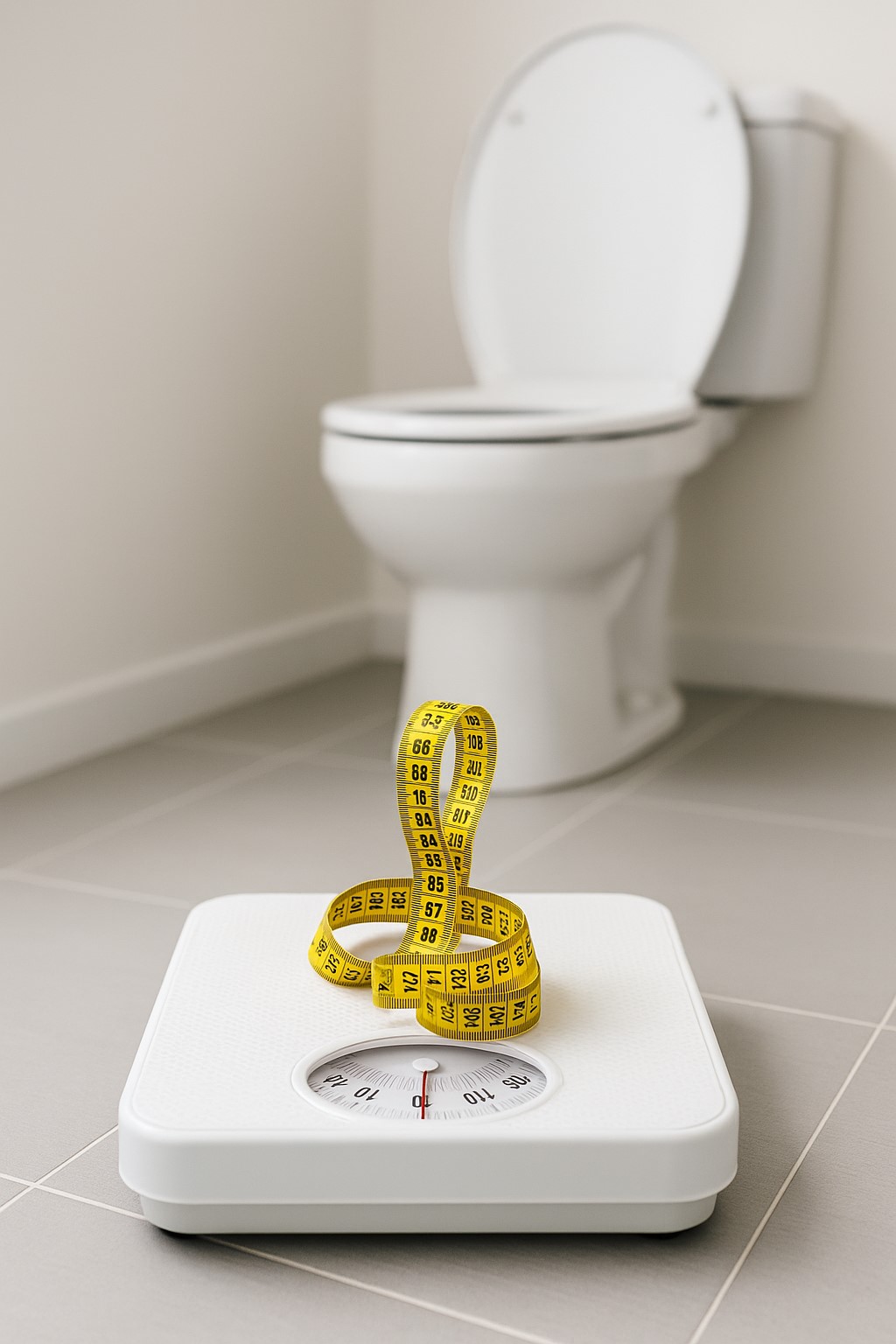How Often Should You Pee
Generally, peeing between four to ten times a day is considered normal. How often you should pee daily can vary based on fluid intake and individual health.
Frequent Urination
Frequent urination is a common symptom that can signal an underlying condition. When you experience the need to urinate more than the average urinary frequency, it’s essential to consider factors like how much fluid you consume and whether you're taking certain medications with diuretic effects, such as those for high blood pressure.
When should I worry?
Symptoms accompanying frequent urination can provide clues about an underlying condition. These may include a strong urge to urinate, urinary tract infections, or changes in urine colour and smell.
The Urinary System and Its Complexities
The urinary tract is vital in eliminating waste and maintaining balance within the body. Frequent peeing can indicate that something is affecting kidney function or bladder health. An overactive bladder, for instance, is characterized by an urgent need to pee, often coupled with urinary incontinence, which can disrupt one's quality of life.
Medical Conditions and Frequent Urination
Several medical conditions can cause an increase in urination frequency, including:
- Overactive Bladder (OAB): Characterised by a sudden, uncontrollable urge to urinate, OAB can lead to frequent urination both day and night.
- Urinary Tract Infection (UTI): Infections in the urinary tract can cause urgency, frequency, and sometimes pain during urination.
- Interstitial Cystitis: A chronic condition resulting in bladder pressure, bladder pain, and sometimes pelvic pain.
- Kidney Damage or Disease: Impaired kidney function can affect the frequency and urgency of urination.
- Heart Disease: Poor heart function can lead to fluid retention, which the body attempts to eliminate through increased urination.
- Diabetes: Both type 1 and type 2
Interstitial Cystitis: More Than Just Frequent Urination
Also known as painful bladder syndrome, interstitial cystitis can lead to bladder pressure and frequent trips to the bathroom. This condition affects the bladder muscles and lining, leading to symptoms beyond just increased urine frequency.
Enlarged Prostate and Men's Health
For men, an enlarged prostate is a common cause of frequent urination, especially at night. Benign prostatic hyperplasia (BPH) can restrict urine flow, leading to symptoms such as a burning sensation and the constant urge to urinate.
Diabetes and Frequent Urination
In diabetes, frequent urination occurs when high blood sugar levels cause the kidneys to produce more urine. This is one of the hallmark symptoms of diabetes, as the body attempts to rid itself of unused glucose through increased urinary output.
Lifestyle Factors
How much fluid one should drink varies, but overconsumption can lead to more frequent urination. Alcohol and caffeine are common diuretics that can increase urine output. In contrast, certain foods, like acidic foods and spicy foods can irritate the bladder, exacerbating the urge to urinate.
Frequent Urination and Sleep: The Role of Obstructive Sleep Apnea
Conditions like obstructive sleep apnea can indirectly contribute to nocturnal frequent urination by disrupting the body's hormonal balance, affecting bladder control, and increasing nighttime urine production.
Kidney Stones: A Painful Contributor to Frequent Urination
Kidney stones can cause frequent, painful urination when they move through the urinary tract. This condition affects urine flow and can lead to other symptoms such as abdominal pain and the presence of blood in the urine.
The Bladder: A Key Player in Urinary Health
Bladder size and bladder health are paramount in maintaining normal urination patterns. A healthy bladder can hold about 2 cups of urine, and an average adult should not need to pee more than eight times in 24 hours.
Pregnancy and Changes in Urination Frequency
During pregnancy, experiencing an increased need to urinate is a common occurrence. This is often due to the growing fetus exerting pressure on the bladder, thereby reducing its capacity and prompting more frequent trips to the bathroom.
Frequent urination typically begins early in pregnancy, as hormonal changes can increase blood flow to the pelvic area, causing the bladder to fill more quickly. It is most noticeable during the first trimester when the burgeoning uterus presses against the bladder. This urgency usually subsides in the second trimester as the uterus rises into the abdominal cavity, providing some relief. However, it often returns in the third trimester when the fetus's size is at its peak, often shifting and applying pressure on the bladder again.
Expectant mothers may find that they need to urinate more often, a change that is normal as the pregnancy progresses. Pregnant women need to maintain adequate hydration despite the increased frequency of urination, as proper fluid intake is vital for both maternal and fetal health. Imagine that pain, burning, or any other discomfort is present along with the frequency of urination. In that case, consulting with a healthcare provider is essential to rule out any infections or other complications.
Peeing frequently at night
It is quite common for people to wake up during the night to use the bathroom. As we age, the frequency of nocturnal urination may increase. It is considered normal to wake up once during the night in your 40s and 50s, perhaps twice during your 60s and 70s, and two to three times at night once you reach your 80s and above. However, nocturia, or nighttime urination that causes excessive sleep disruptions, may be a sign of a more severe health issue. It could be a symptom of serious health issues such as cardiac insufficiency, fluid retention in the legs, or sleep-related conditions.
Quality of Life and Managing Frequent Urination
Living with frequent urination can significantly impact the quality of life. Identifying the underlying cause is the first step in finding relief. Treatments may include pelvic floor exercises to strengthen pelvic floor weakness, changes in fluid intake, or medication to manage symptoms.
The Path to an Accurate Diagnosis
A healthcare provider may perform tests to assess bladder and kidney function and check for signs of an underlying condition like diabetes or hormonal changes.
Maintaining a Healthy Urinary Tract
Peeing is a natural bodily function, and how often you should pee can vary.
If you're experiencing frequent urination, assessing your symptoms and consulting with a healthcare provider is essential.
Understanding the causes and seeking appropriate treatment can help you maintain a healthy urinary system and improve your quality of life.


